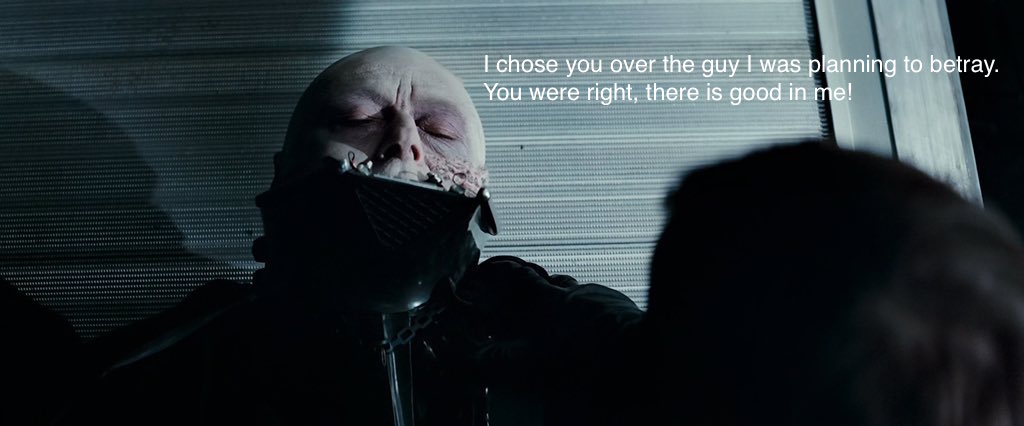TV, Books
Reboots
It seems like half the movies and TV shows being made right now are reboots of some kind or another. The movie listings have to include dates so that you’ll know which version it is. If you look at the TV schedule, you might think you were back in the mid-80s because all the shows seem to have come from that era. There’s Night Court, The Equalizer, and for a while there were new versions of Magnum, PI and Hawaii 5-0 (I don’t know if they’re still on).
Night Court is a sequel, of sorts, following up on the characters and events of the original series, with the daughter of the original series’ main character taking over the courtroom where her father once presided and the prosecutor from the original series now coming out of retirement to be a public defender. There’s a Frasier reboot that’s also apparently a sequel (I haven’t watched it).
I believe Magnum, Hawaii 5-0 (the only one of this bunch I’ve watched), The Equalizer, and the new Walker, Texas Ranger are all reboots/reimaginings, taking the concept of the original series and doing an entirely new series set in the present day.
I loved the old Night Court but found the new one to be not funny at all. I think part of the problem was that it was still essentially an 80s sitcom, so it felt stale and dated to me. This might have been the perfect opportunity to really reimagine it and change the format. The concept of the series could have made for a good mockumentary, like The Office or Parks and Recreation, since a young judge taking over the courtroom where her father once presided is the sort of thing someone might make a documentary about. It would have been interesting to see these characters when they knew they were on camera.
This got me started pondering what other series they could reboot. They already did Charlies Angels as a movie. Remington Steele could be quite timely in the era of #MeToo. It’s basically a series about sexism and mansplaining, since it’s about a woman who’s an expert in her field but has so much trouble being taken seriously that she has to invent a male boss to be the figurehead for her business, and then when a con artist steps into the role of the imaginary boss, people listen to him even though he has no expertise. It might be interesting to turn it from a romantic comedy to a psychological thriller, given that he’s essentially blackmailing her and holding her business hostage. As much as I loved Pierce Brosnan in the series, it is kind of creepy that the characters fell in love, when you think about it (though I missed the final season or two when they got together because I was in college without TV access).
Since they rebooted Magnum, they could do a follow-up series of Simon and Simon, its schedule mate. That was a series about two brothers who were complete opposites (one a slick preppie, one a laid-back cowboy) running a small private investigation agency in San Diego, and I think the timing works out that they could do a series about their kids having taken over the agency. Make one of the cousins a woman, and maybe she’s the laid-back one who likes the agency the way it is while her male cousin wants to grow the business to be a major agency.
I wonder if a reboot of Moonlighting would work. That was the series that introduced Bruce Willis. It was about a former model (Cybill Shepherd) who lost all her money when her accountant cheated her and fled the country. One of the few investments she had left was a low-end private investigation agency that was meant to be a tax write-off. She decided to go to work there and actually run it to make money, since it was her remaining source of income, and she clashed with the wacky detective who’d been running the place. A lot of the success of the series was due to Bruce Willis’s personal charisma and the chemistry between him and Shepherd (though apparently they actually loathed each other), so I’m not sure if you could recapture that. I’d just want to see someone play with that concept and be willing to do some of the wild stuff they did, like the black-and-white episode or the one where they did The Taming of the Shrew, but without it flying horribly off the rails in the later seasons. “The Moonlighting Curse” is what they call a series being ruined by the leads getting together romantically, but I don’t think it was the fact that they got together romantically so much as it was the way they got together. They dragged it out a bit too much with the will they/won’t they and a lot of contrived obstacles, then got the monkey wrench of Shepherd’s real-life pregnancy, with twins, so it was impossible to hide it behind a potted plant, and that led to writing the pregnancy in with weird stuff like the fetus’s perspective. I think you could have them get together without it ruining the series if it were done gradually without all the monkey wrenches. The basic personality clashes would still be there.
Thinking about all this made me ponder whether you could do a reboot of a book. I know long-running franchises like the Nancy Drew books get updated. Nancy keeps getting moved forward in time, from the 30s to the 50s and then to the 70s and to modern times. Apparently, she’s now a modern teen with a cell phone and Internet. I just know as a kid I liked the 30s and 50s ones, hated the newer 70s ones because Nancy’s clothes were a lot better on the covers and in the illustrations when she wasn’t wearing bell bottoms.
But would there be any market for taking a book published in the 80s or 90s and rewriting it to take place in the 2020s? Would the author write the same concept differently if they wrote it now? I found myself thinking about that as I approach the 20th anniversary of selling Enchanted, Inc. to a publisher. How would I write it differently if I wrote it now? Not just going in and adding smart phones and changing the pop culture references, but taking that same concept of a woman immune to magic being recruited by a magical company and writing it again. What would be different if I did that? I can’t say for certain, mostly because I have zero interest in doing that, so I can’t wrap my brain around it. It’s not the kind of story I want to tell now.
Looking at my bookcase, there’s nothing that really jumps out at me as a “I wish the author could go back and redo this” situation, though that’s probably because I only have the books I absolutely love on my bookcase (especially after all the purging I did before the move). I wouldn’t have kept the ones that needed a do over.
Is there a book you’d want to see revisited and updated in some way?
In other news, Interview with a Dead Editor is part of a promotion for cozy fantasy-type books today. Check it out to find more cozy reading.


